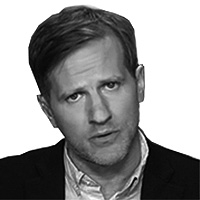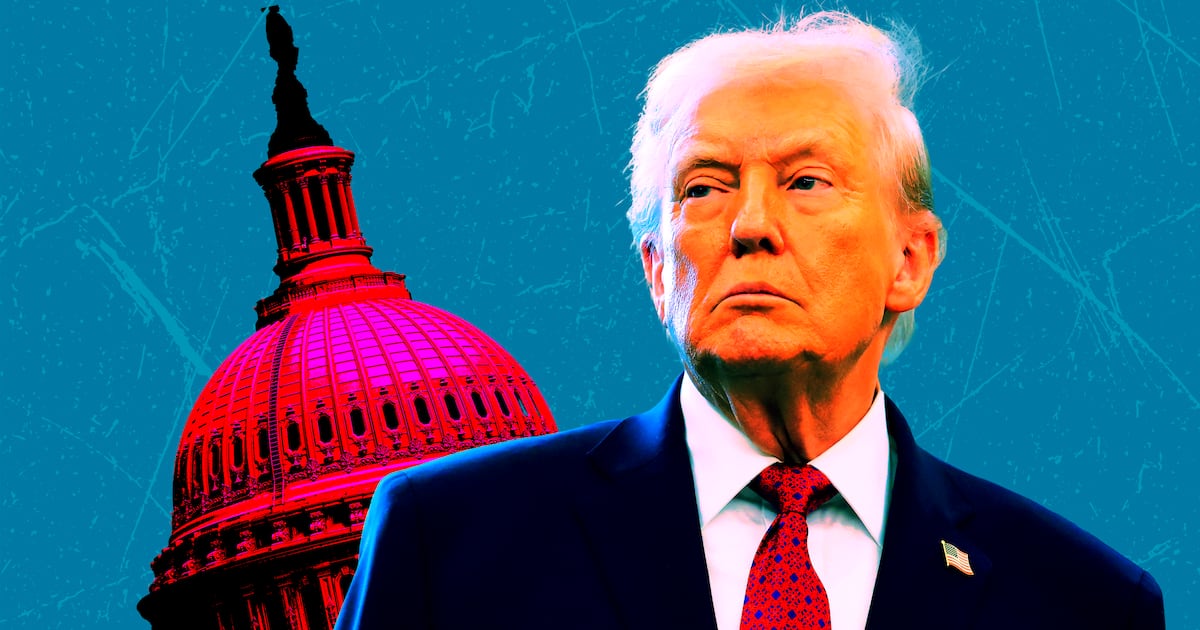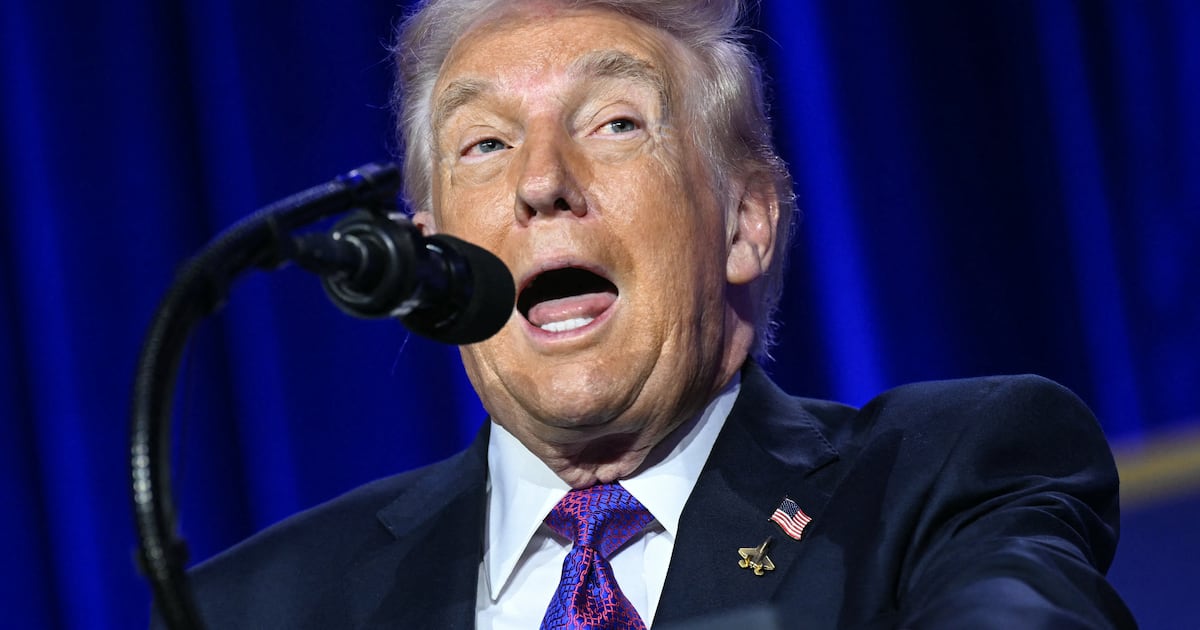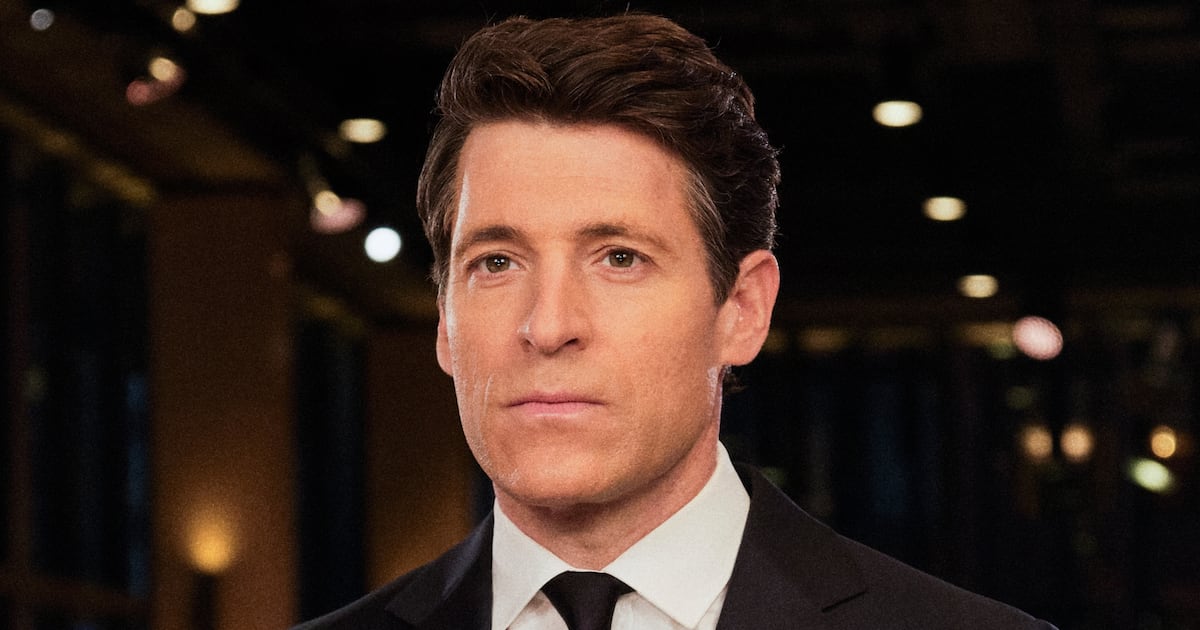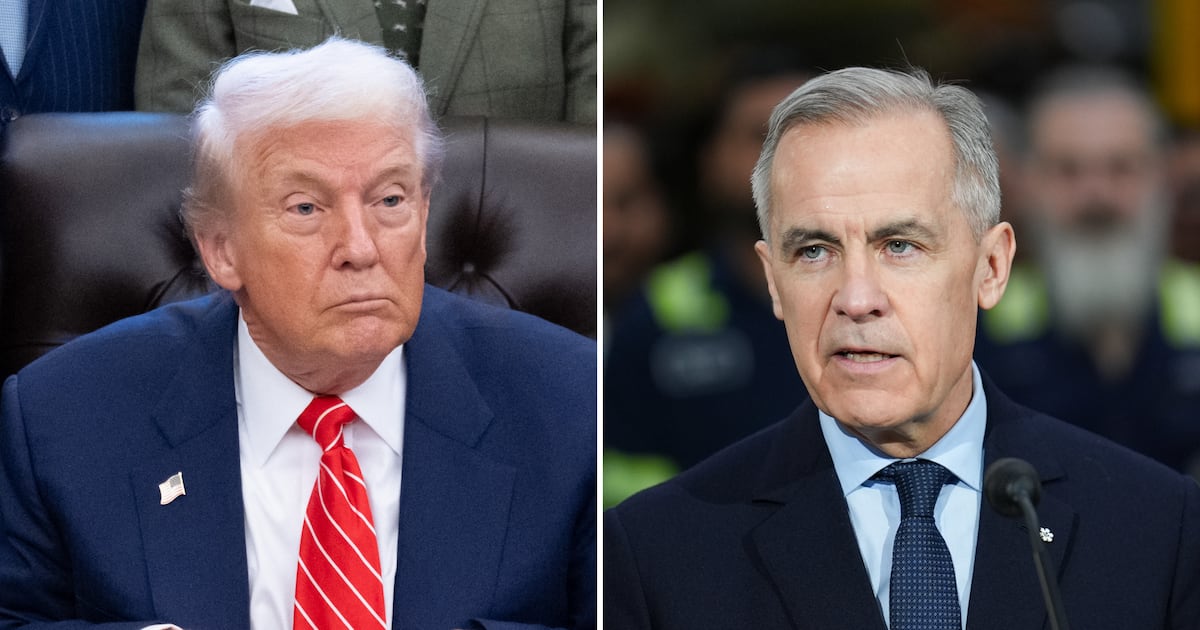In March, a cough of white smoke from the papal conclave will announce that the College of Cardinals, acting in collusion with God, has appointed his latest representative on Earth. In 2005, in a time of profound crisis for the Church, German Cardinal Joseph Ratzinger received the nod, becoming Pope Benedict XVI. Today, he abdicated that role—after conferring with the ultimate boss, who can be rather forgiving of sin—citing his deteriorating health. In a statement, Benedict said that medical problems had created an “incapacity to adequately fulfill the ministry entrusted to me.” It was the first time a pope had abandoned his post (recall the stooped and sickly figure of Pope John Paul II, loyal servant until the end) since Pope Gregory XII forfeited the job in 1415.

Benedict’s brief tenure was riven by conflict and controversy. The slow erosion of Catholicism’s influence predated his reign, of course, but he did little to reverse to trend—and he might very well have expedited it. Indeed, if Benedict was the CEO of a powerful international, peddling a product that a significant population of the world couldn’t live without, and presided over a continuing slide in that product’s market share (for lack of a better phrase), he would have been relieved of his duties years ago.
In 2010, the National Catholic Register wrote that the Church’s difficulty retaining members amounted to one of “the largest institutional crisis in centuries, possibly in church history.” Add to this mix the Vatican’s lumbering response to an unprecedented shift in cultural mores and a spreading inter-Church sexual abuse scandal, which implicated not only dozens of child-rapist priests but countless senior Church figures complicit in covering up their crimes.
The sex abuse scandals weren’t the proximate cause of the Vatican’s waning influence, but it was an accelerant. In Ireland, where the Catholic Church long exerted outsized influence, a massive sexual abuse scandal and cover-up has seen trust in the Vatican—along with church attendance—drop. This trend is mirrored in other places where scandal has dogged the Church.
Perhaps there is little that Benedict could have done to reverse these trends, but his own commitment to deflecting criticism often looked to skeptics like criminal complicity. When I spoke with filmmaker Alex Gibney, director of Mea Maxima Culpa, a documentary on various Catholic sexual abuse scandals, he argued that while Benedict might have been personally offended by the abuse of children, he was ultimately more concerned with the church’s reputation, ensuring that he protected perpetrators over the victims. And throughout the film, as the pious are confronted by serious and undeniable allegations—like the case of Rev. Marcial Maciel, a devilish rapist protected by then-Cardinal Ratzinger—they respond that such criminal matters be dealt with “internally” (i.e., secretly and with the judgment of God, not the courts).
Or take the case of Cardinal Bernard Law, former archbishop of Boston, whose sage wisdom and moral voice was very familiar to those of us who grew up in Massachusetts. When it was revealed that Law protected pedophiles and rapists, Slate legal correspondent Dahlia Lithwick asked why he wasn’t languishing behind bars: “Is that all? Does Law get to pack up his hat and retire to Orlando and a second career in canasta?"
Well, no. It was actually much worse than that. In 2004, Law emigrated to Rome, where he was hired by Pope John Paul II and given the rather appropriate title of archpriest of Basilica di Santa Maria Maggiore, a position he held until his resignation in November 2011. Benedict made no effort to dislodge him.
An institution cannot wed itself to the traditional, reject almost all substantial change as doctrinal deviationism, and expect to stanch the bleeding. It says a lot that the Church’s most prominent act of modernization during the Benedict era was the addition of a papal Twitter account. So let us hope that the next puff of white smoke will introduce Catholics to a more modern representative of God’s will, one who believes that collars and vestments shouldn’t provide immunity from prosecution, and who understands that obscuring past sins has caused irreparable damage to the Church.
Deus misereatur.
